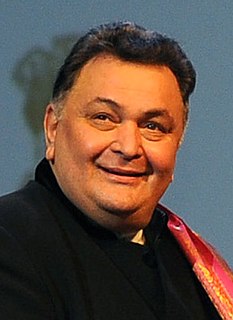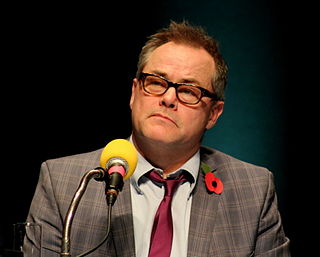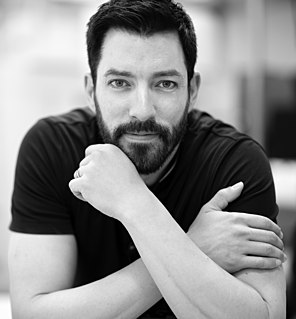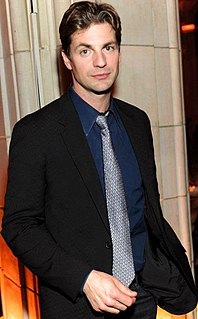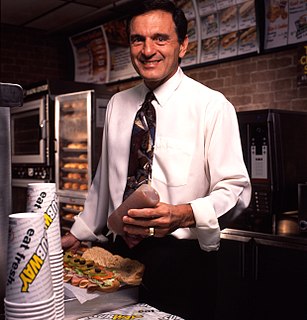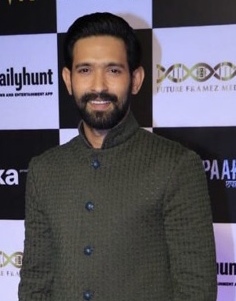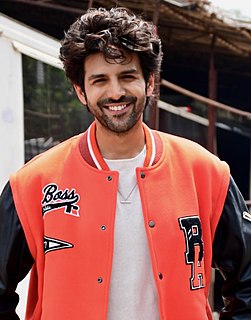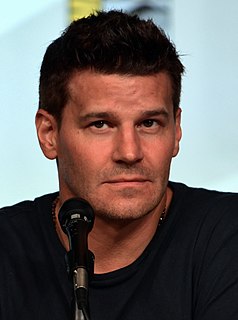A Quote by Rishi Kapoor
In acting, the basic tool is observation. Whenever you see something, you store it in your head, and when you come across a character that reminds you of that instance, you incorporate it.
Related Quotes
Whenever we pride ourselves upon finding a newer, stricter way of thought or exposition ? we lose something of the ability to think new thoughts. And equally, of course, whenever we rebel against the sterile rigidity of formal thought and exposition and let our ideas run wild, we likewise lose. As I see it, the advances in scientific thought come from a combination of lose and strict thinking, and this combination is the most precious tool of science.
The "magic if" is a tool invented by Stanislavski, the father of acting craft, is to help an actor make appropriate choices. Essentially, the "magic if" refers to the answer to the question, "What would I do if I were this character in this situation?" Note that the question is not "What would I do if I were in this situation?" What you would do may be very different from what the character would do. Your job, based on your analysis of the script, the scene, and the given circumstances regarding the who of your character, is to decide what he or she would do.
It's so different going in the studio and singing your own music and you don't really think about making sure that the message of the song or the idea behind the song comes across to people. Because it's in your head, it's in your heart, whatever, but it's... different when you're playing a character and you're singing as the character. There's just a lot more involved in that, I guess.
Brian is an archetypal character, a bit like Don Juan, which is how I play him. He's a blast to play. He believes unapologetically in his freedom. He holds nothing back. Something I'm learning is, you can't hate the character you play. If I think my character is an asshole, that's all that will come across. He is drawn in an extreme way, but that doesn't mean he's not a person.
How can you see something that isn't there?" yawned the Humbug, who wasn't fully awake yet. "Sometimes, it's much simpler than seeing things that are,"he said. "For instance, if something is there, you can only see it with your eyes open, but if it isn't there, you can see it just as well with your eyes closed. That's why imaginary things are often easier to see than real ones." "Then where is Reality?" barked Tock. "Right here,"cried Alec, waving his arms.
They have removed the struggle to find anything. And therefore there is no genuine sense of discovery. Struggle is the first thing we know getting along the birth canal, out in the world. It's pretty basic. Book store owners and record store owners used to be oracles, in that way; you'd go in this dusty old place and they might point you toward something that would change your life. All that's gone.
As an actor playing a character, you look for all of those avenues to see if there's any sense of vulnerability or love that you can bring to a character, and decide how that's portrayed and how that's going to be a struggle with the other characters. It's your job to take that on and challenge yourself, and meet that head on and see what happens with it.
